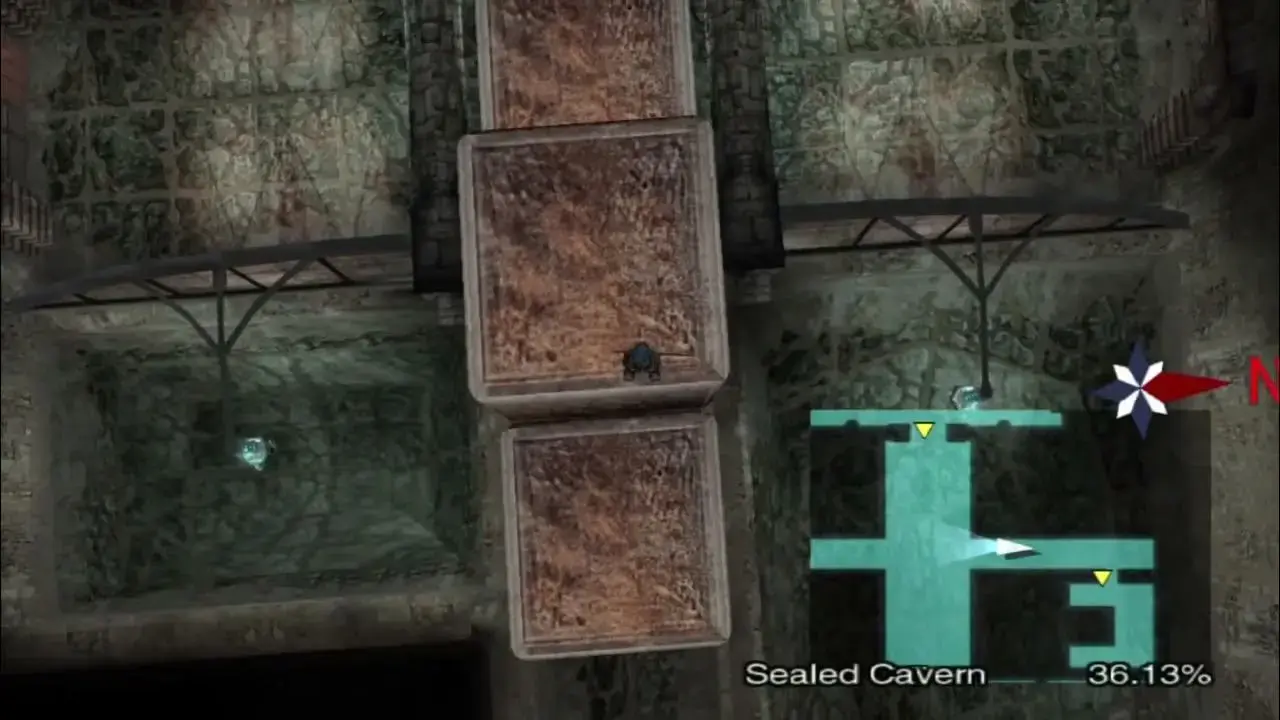

I wouldn’t be surprised if there’s a patent Microsoft just hasn’t been willing to license use of.
I remember when the Sixaxis came out. It was missing vibration. It was because Immersion sued Sony (and ultimately won) over patent infringement of rumble motors. Sony ended up having to pay somewhere around $100 million.



It was straight-up free (as in: no tiers, just free) for a long time to early adopters of the Nvidia Shield. I can’t remember when it was introduced but I think it was with the first iteration of Shield TV.